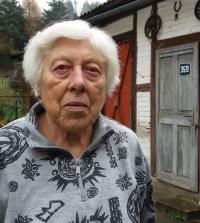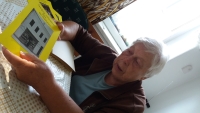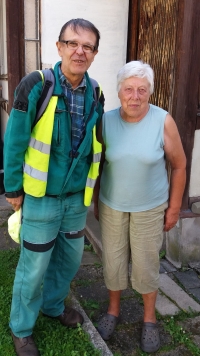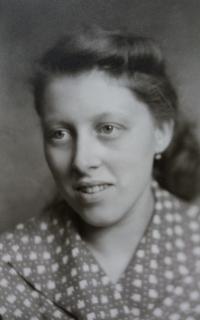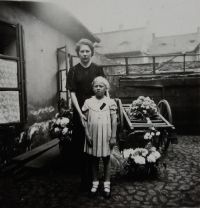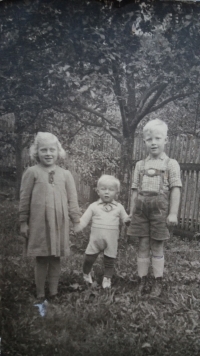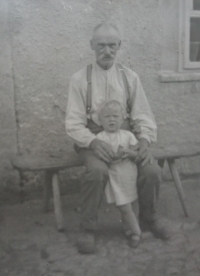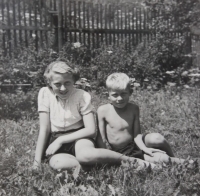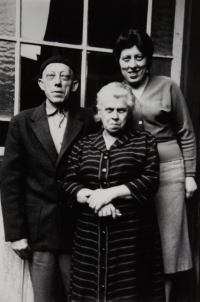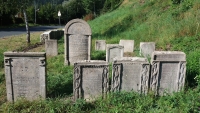A man should be true to the nation

Download image
Anna Rajserová was born in 1933 in a Czech German family in Bečov above Teplá and belongs to a couple of original inhabitants of the Western-Bohemian town. In autumn 1938 the father as a Czech employee had to leave the territory of the Sudetenland and returned back to Pilsner. Here he was later arrested and at the end of war be was imprisoned in a concentration camp Buchenwald. The family was going through difficult times. The mother was left alone with little Anna and her brother. As she got married to a Czech, she received no support. On top her German nationalistic relatives, who remembered them only after war before the displacement. Meanwhile little Anna with her mother and brother lived in Bečov. War events ceased to avoid otherwise peaceful town in spring 1945. Train transports were more often coming past and the town became a target of allies „depthers”. After war most German inhabitants had to be displaced. The same was intended for Anna´s family, but luckily her father returned from a concentration camp and everyone stayed together. Anna Rajserová lived in Bečov and her memories reflect essential historical events in the area of Czech German territory. She died on April 1, 2023.
